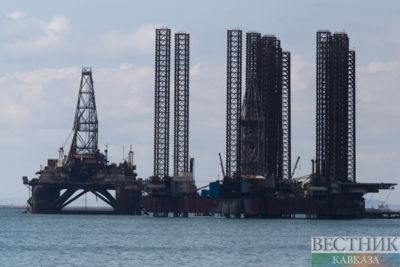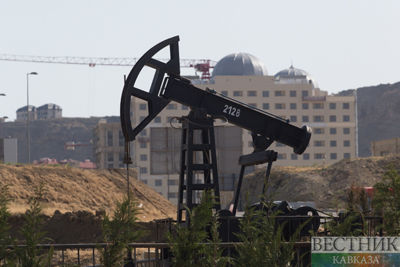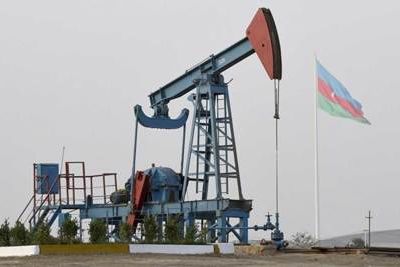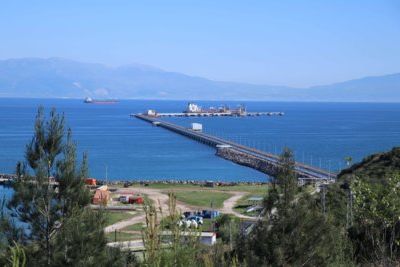The confluence of many factors changed the hitherto prevailing balance of power and produced a victory for Azerbaijan, overturning the 26-year old status-quo in the region. Over the years, Azerbaijan has invested in the armed forces massively. In the meantime, both Azerbaijan and Turkey have cultivated closer ties with Russia. The color revolution, which swept pro-European Union Nikol Pashinyan into power as prime minister in Armenia in 2018 helped distance Moscow from Yerevan. Unlike in the past, the United States was disengaged from the region, mainly because of its partial withdrawal from the international stage



















